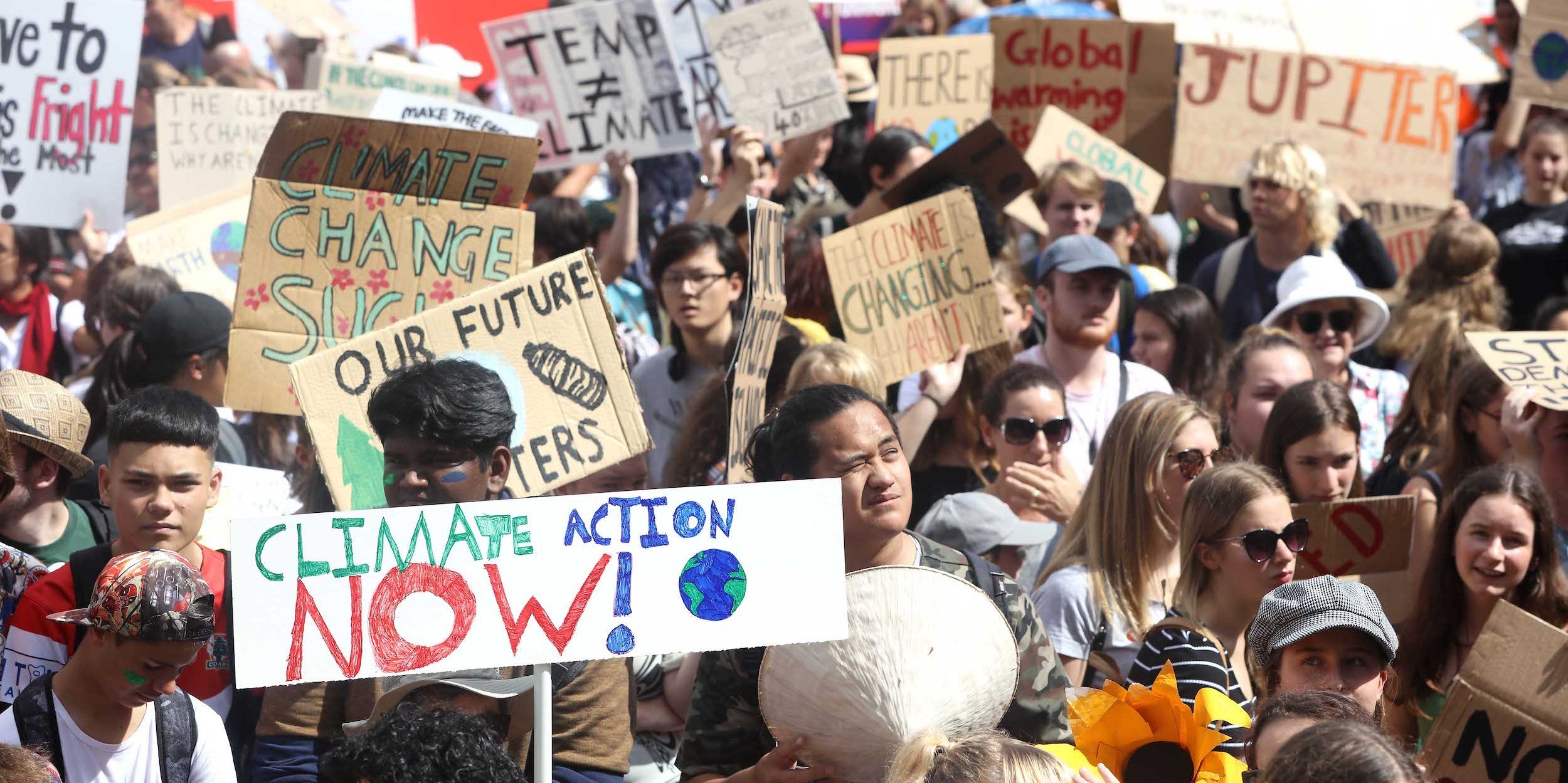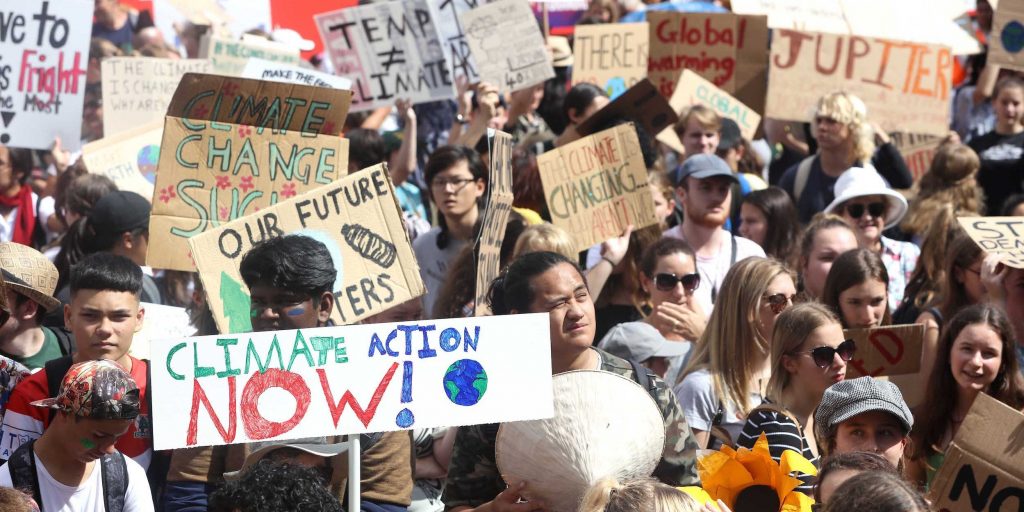
Phil Walter/Getty Images
- Sustainable investments totalled $35.3 trillion at the start of 2020, according to the Global Sustainable Investment Alliance.
- This equals roughly a third of all global assets under management and reflects a 15% increase from 2018.
- The crackdown on greenwashing slowed down sustainable investment growth in Europe.
- Sign up here for our daily newsletter, 10 Things Before the Opening Bell.
Sustainable investments totalled $35.3 trillion, which is equivalent to around a third of assets under management in major economies, at the start of 2020, according to a report published by the Global Sustainable Investment Alliance on Monday.
This reflects a 15% increase between 2018 and 2020. Sustainable investments were worth around $30.7 trillion in 2018.
Overall, 35.9% of assets managed across the United States, Europe, Australasia, Japan and Canada were sustainability driven by early 2020, according to the biennial Global Sustainable Investment Review. This is 2.5% above the level registered in 2018.
"The report again demonstrates that sustainable investment is a major force shaping global capital markets, and, in turn is influencing companies and others seeking to raise capital in those global markets," the report said.
Canada saw the biggest absolute regional growth of sustainable investments between 2018 and 2020, with a 48% increase and has become the biggest market for sustainable investments – 62% of assets managed in the country are classified as such. The US noted 42% growth, boosting its sustainable investments to a total of 33% of total assets under management, while Japan saw a 34% increase, while sustainability-linked assets under management in the Australasia region grew by 25%t.
In Europe, sustainable investments declined, falling by 13% in this timeframe. 42% of assets managed in the region are classified as sustainable, making it the second-largest region for such investments. The report said the drop was the result of tougher criteria for classifying an asset as sustainable under the European Union's Sustainable Finance Action Plan.
Looking at the way in which assets are made more sustainable, the report noted that there had been changes since 2018. In 2020, ESG integration was the most popular strategy as it applied to around $25.2 trillion worth of assets, followed by negative, or exclusionary, screening at $15.9 trillion and corporate engagement and shareholder action, which accounted for $10.5 trillion. Screening was the most popular approach in 2018, the report showed.
"What is also increasingly evident by reports from across the major regions is that many investment organizations are using a combination of strategies, rather than solely relying on just one." the report added.
The Global Sustainable Investment Alliance defines the investment strategies that incorporate elements of ESG integration. These can be corporate engagement and shareholder action, norms-based screening, negative or exclusionary screening, best-in-class or positive screening, a sustainability theme or impact and community investing as sustainable.

